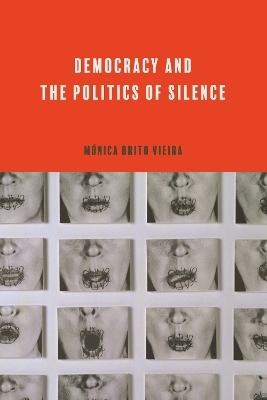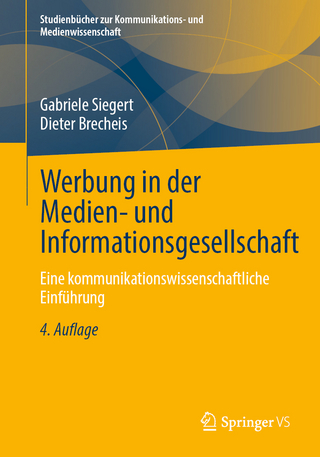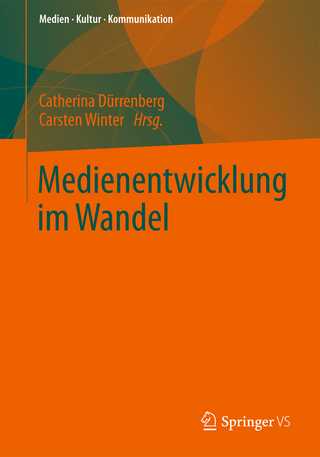
Democracy and the Politics of Silence
Seiten
2024
Pennsylvania State University Press (Verlag)
978-0-271-09888-3 (ISBN)
Pennsylvania State University Press (Verlag)
978-0-271-09888-3 (ISBN)
Most people equate democracy with discussion, speech, and making one’s voice heard. But where does silence fit in? Democracy and the Politics of Silence investigates the largely overlooked role of silence in democratic politics. It challenges conventional wisdom by arguing that silence can support and affirm democratic pillars and outcomes like empowerment, inclusion, and equality.
The book focuses on a particular set of problems concerning the relationship between political silence and the democratic triad of voice, agency, and representation. Each of the book’s chapters draws on a selection of hand-picked case studies, both historical and contemporary, including the NAACP’s Silent Parade in 1917, demonstrations by the Women in Black, Spain’s post-Franco Pact of Forgetting, Trump’s silent majority, debates related to the representation of nonhuman beings, and the famous Miranda judgment on the right to silence. Together they offer an innovative, ambitious investigation of democratically undesirable silences and practices of silence that are powerfully affirmative of democratic subjectivities, aims, and norms. In thus expanding the repertoire of democratic citizenship, Mónica Brito Vieira invites readers to consider what silence might teach them about democracy.
This timely book should appeal to political science students and scholars as well as anyone interested in the history of democracies and popular resistance movements.
The book focuses on a particular set of problems concerning the relationship between political silence and the democratic triad of voice, agency, and representation. Each of the book’s chapters draws on a selection of hand-picked case studies, both historical and contemporary, including the NAACP’s Silent Parade in 1917, demonstrations by the Women in Black, Spain’s post-Franco Pact of Forgetting, Trump’s silent majority, debates related to the representation of nonhuman beings, and the famous Miranda judgment on the right to silence. Together they offer an innovative, ambitious investigation of democratically undesirable silences and practices of silence that are powerfully affirmative of democratic subjectivities, aims, and norms. In thus expanding the repertoire of democratic citizenship, Mónica Brito Vieira invites readers to consider what silence might teach them about democracy.
This timely book should appeal to political science students and scholars as well as anyone interested in the history of democracies and popular resistance movements.
Mónica Brito Vieira is Professor of Political Science at the University of York. She is the author of The Elements of Representation in Hobbes: Aesthetics, Theatre, Law and Theology in the Construction of Hobbes’s Theory of the State and the coauthor of The Politics of the Book: A Study on the Materiality of Ideas, the latter also published by Penn State University Press.
| Erscheinungsdatum | 29.10.2024 |
|---|---|
| Reihe/Serie | Rhetoric and Democratic Deliberation |
| Verlagsort | University Park |
| Sprache | englisch |
| Maße | 152 x 229 mm |
| Gewicht | 454 g |
| Themenwelt | Sozialwissenschaften ► Kommunikation / Medien ► Kommunikationswissenschaft |
| Sozialwissenschaften ► Politik / Verwaltung ► Politische Systeme | |
| ISBN-10 | 0-271-09888-0 / 0271098880 |
| ISBN-13 | 978-0-271-09888-3 / 9780271098883 |
| Zustand | Neuware |
| Informationen gemäß Produktsicherheitsverordnung (GPSR) | |
| Haben Sie eine Frage zum Produkt? |
Mehr entdecken
aus dem Bereich
aus dem Bereich
Buch | Softcover (2024)
Springer Fachmedien (Verlag)
34,99 €


